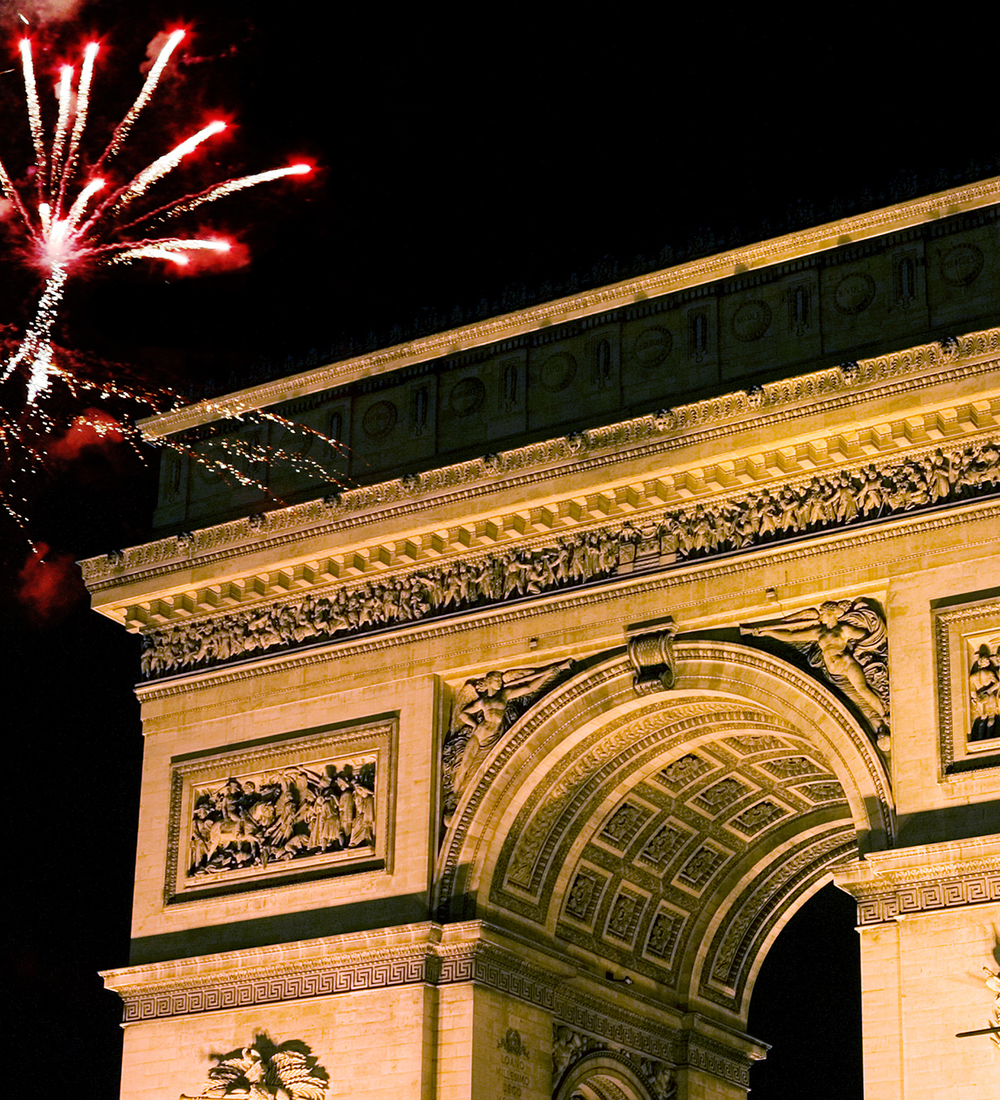
The monopoly, originally intended to protect the enterprise from competition during its formative phase, was renewed for subsequent recipients of the privilege up to the early French Revolution. Although it was to be a public theatre, it retained its status as royal academy in which the authority of the king as the primary stakeholder was decisive.
#THE PARIS OPERA AWAITING AHEAD FREE#
No one was to have the right of free entry including members of the royal court, and no one else could set up a similar institution. He was free to select business partners of his choice and to set the price of tickets. The wording of the privilège, based in part on Perrin's own writings, gave him the exclusive right for 12 years to found anywhere in France academies of opera dedicated to the performance of opera in French. On 28 June 1669, Louis XIV signed the Privilège accordé au Sieur Perrin pour l'établissement d'une Académie d'Opéra en musique, & Vers François (Privilege granted to Sir Perrin for the establishment of an Academy of Opera in music, & French Verse). In 1666 he proposed to the minister Colbert that "the king decree 'the establishment of an Academy of Poetry and Music' whose goal would be to synthesize the French language and French music into an entirely new lyric form." Įven though Perrin's original concept was of an academy devoted to discussions of French opera, the king's intention was in fact a unique hybrid of royal academy and public theatre, with an emphasis on the latter as an institution for performance. Seventeenth-century France offered Perrin essentially two types of organization for realizing his vision: a royal academy or a public theater. He believed that the prevailing opinion of the time that the French language was fundamentally unmusical was completely incorrect. The poet Pierre Perrin began thinking and writing about the possibility of French opera in 1655, more than a decade before the official founding of the Paris Opera as an institution. See also: French opera The Opera under Louis XIV Pierre Perrin The company's training bodies are also active, with 7 concerts from the Atelier Lyrique and 4 programmes from the École de Danse.
#THE PARIS OPERA AWAITING AHEAD PLUS#
In the 2012–2013 season, the Paris Opera presented 18 opera titles (two in a double bill), 13 ballets, 5 symphonic concerts and two vocal recitals, plus 15 other programmes.

Įach year, the Paris Opera presents about 380 performances of opera, ballet and other concerts, to a total audience of about 800,000 people (of whom 17% come from abroad), with an average seat occupancy rate of 94%.

With this money, the company runs the two houses and supports a large permanent staff, which includes the orchestra of 170, a chorus of 110 and the corps de ballet of 150. The company's annual budget is in the order of 200 million euros, of which €100M come from the French state and €70M from box office receipts. Small scale and contemporary works are also staged in the 500-seat Amphitheatre under the Opéra Bastille. Currently called the Opéra national de Paris, it mainly produces operas at its modern 2,723-seat theatre Opéra Bastille which opened in 1989, and ballets and some classical operas at the older 1,979-seat Palais Garnier which opened in 1875. Classical ballet as it is known today arose within the Paris Opera as the Paris Opera Ballet and has remained an integral and important part of the company. It was founded in 1669 by Louis XIV as the Académie d'Opéra, and shortly thereafter was placed under the leadership of Jean-Baptiste Lully and officially renamed the Académie Royale de Musique, but continued to be known more simply as the Opéra. The Paris Opera ( French: Opéra de Paris, IPA: ( listen)) is the primary opera and ballet company of France.


 0 kommentar(er)
0 kommentar(er)
